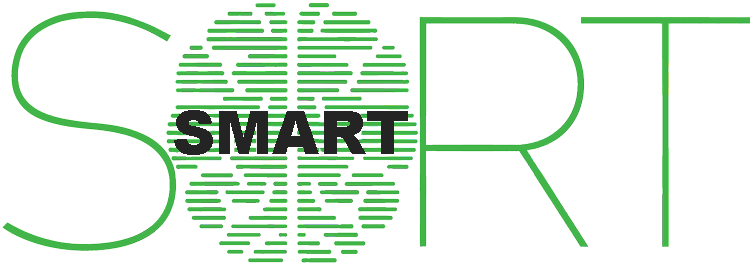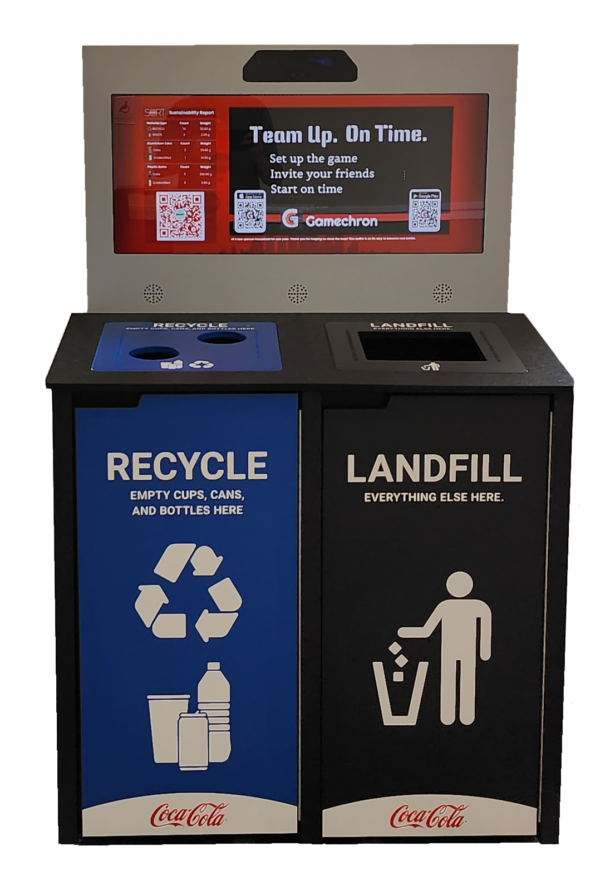The easy answer is to use SmartSortAI Technology at your next event or stadium. However, we will delve into the details below that SmartSortAI is able to turn-key for you and your waste diversion plan.
When it comes to hosting large events and games in stadiums, waste management is often a major challenge. The sheer number of people attending these events, combined with the wide range of waste generated, can make it difficult to manage and divert waste effectively. But with the right strategies, waste diversion at events and stadiums can be both achievable and impactful. In this blog post, we’ll discuss five innovative waste diversion ideas for large events and stadiums.
Composting Stations: Composting is an excellent way to reduce the amount of waste that ends up in landfills. By setting up composting stations throughout the event or stadium, attendees can dispose of food waste, paper products, and other compostable materials. These stations can then be collected and processed into nutrient-rich compost, which can be used to fertilize gardens and landscapes.
Recycling Stations: While recycling has been a staple of waste diversion efforts for some time, many events and stadiums still do not have effective recycling programs in place. By setting up recycling stations throughout the venue and ensuring that attendees are aware of what can and cannot be recycled, event organizers can significantly reduce the amount of waste sent to landfills.
Donation Bins: Rather than throwing away items such as clothing, toys, and other items, attendees can donate them to charity. Setting up donation bins throughout the venue is an excellent way to encourage attendees to give back to their community while also reducing waste.
Food Recovery Programs: Many events and stadiums generate a significant amount of excess food, which often goes to waste. By partnering with local food banks and other organizations, event organizers can donate excess food to those in need, reducing waste and helping to feed the hungry.
Reusable Products: Rather than relying on disposable products, such as paper plates and plastic cups, event organizers can provide attendees with reusable items. This includes reusable water bottles, plates, and utensils. By encouraging attendees to use these products, organizers can significantly reduce the amount of waste generated.
Waste diversion at large events and stadiums is a critical component of any sustainable waste management plan. By implementing innovative strategies such as composting stations, recycling stations, donation bins, food recovery programs, and reusable products, event organizers can significantly reduce the amount of waste sent to landfills. These strategies not only benefit the environment but also help to create a more sustainable and socially responsible event.




